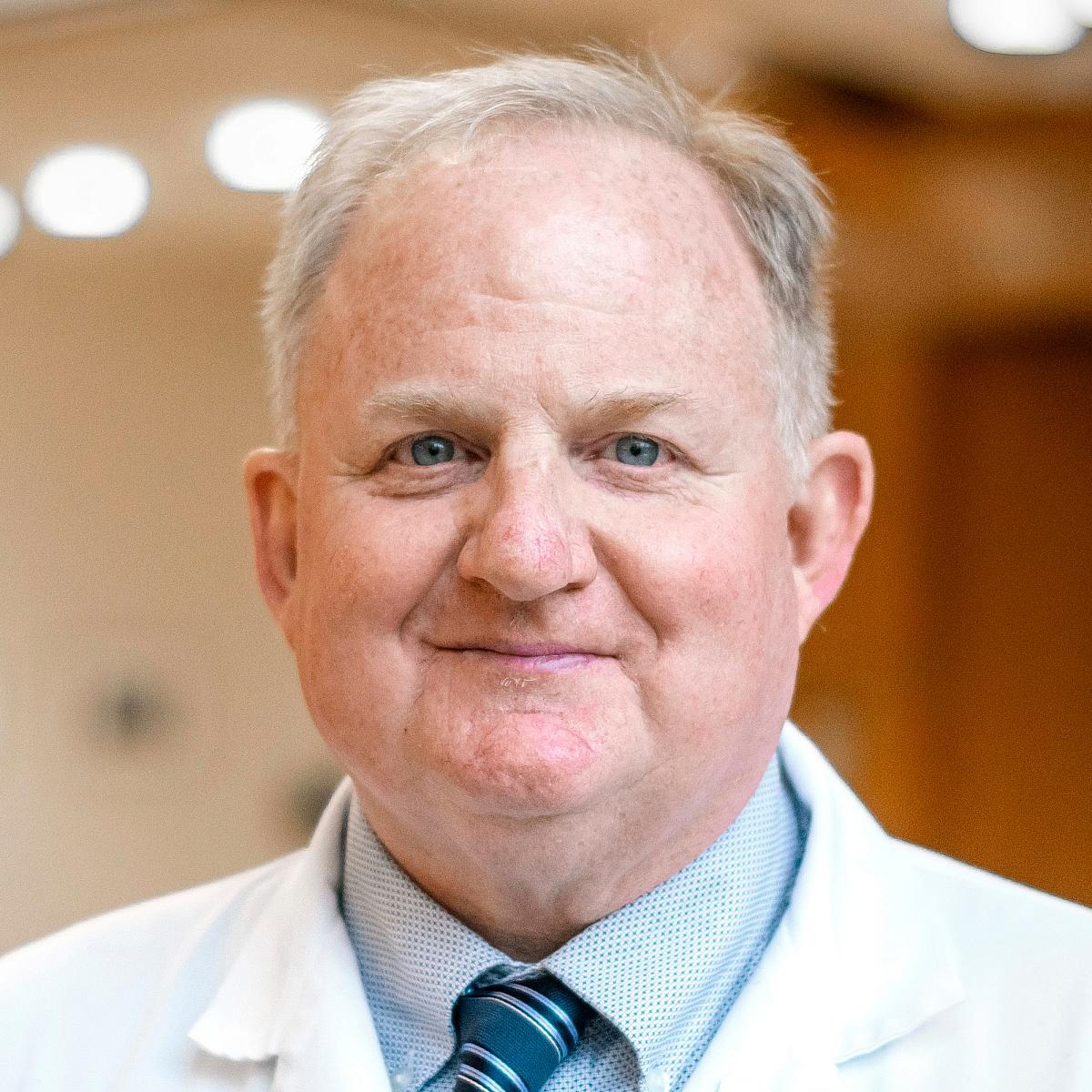
Neurologic Cancers Center
Primary tumors of the brain, spinal column, and neuro-endocrine system can affect people of all ages, including children and young adults. Together, Neurologic Cancers Center members do research to better understand and treat these tumors. The center has four broad goals:
- Identify and avoid defective cellular functions that result in these cancers
- Develop effective treatments
- Describe inherited factors that raise the risk for neurological cancers
- Develop animal models of neuro cancers
A Sample of Current Projects
Understanding the biology of glioma
Mutations in a gene called IDH are a key driver in formation of gliomas, a type of tumor in the brain and spine. IDH is a potential target for new treatments. In the past year, the Neurologic Cancers Center successfully used advanced MRI methods before surgery to help determine if patients have a brain tumor with a mutation in this gene.
The Neurologic Cancers Center also used MRI technology to generate new mouse models of gliomas. These models will help researchers develop new treatments. The team is also working to identify genetic factors that put patients and families at increased risk of developing gliomas.
Hypoxia, or low oxygen level, is common in cells of many tumor types, and it is known to drive several aspects of glioma biology. Several members of the Neurologic Cancers Center have made new discoveries about how hypoxia relates to the treatment of these tumors. The center plans to develop new tumor models and treatments based on this work.
Imaging radiation injury from brain tumor treatment
One potential consequence of radiation to treat brain tumors is injury to the surrounding brain. It is difficult to distinguish radiation injury from the tumor using conventional MRI. The Neurologic Cancers Center successfully developed and investigated a new animal model for radiation injury and demonstrated the feasibility of using advanced imaging to better understand and treat this issue.
Developing new clinical trials for brain tumors
Neurologic Cancers Center members developed several new therapeutic approaches for brain tumors currently being tested in clinical trials. They also participate in many national and collaborative efforts with other brain tumor centers.
Neurologic Cancers Center Leaders

Howard Colman, MD, PhD
